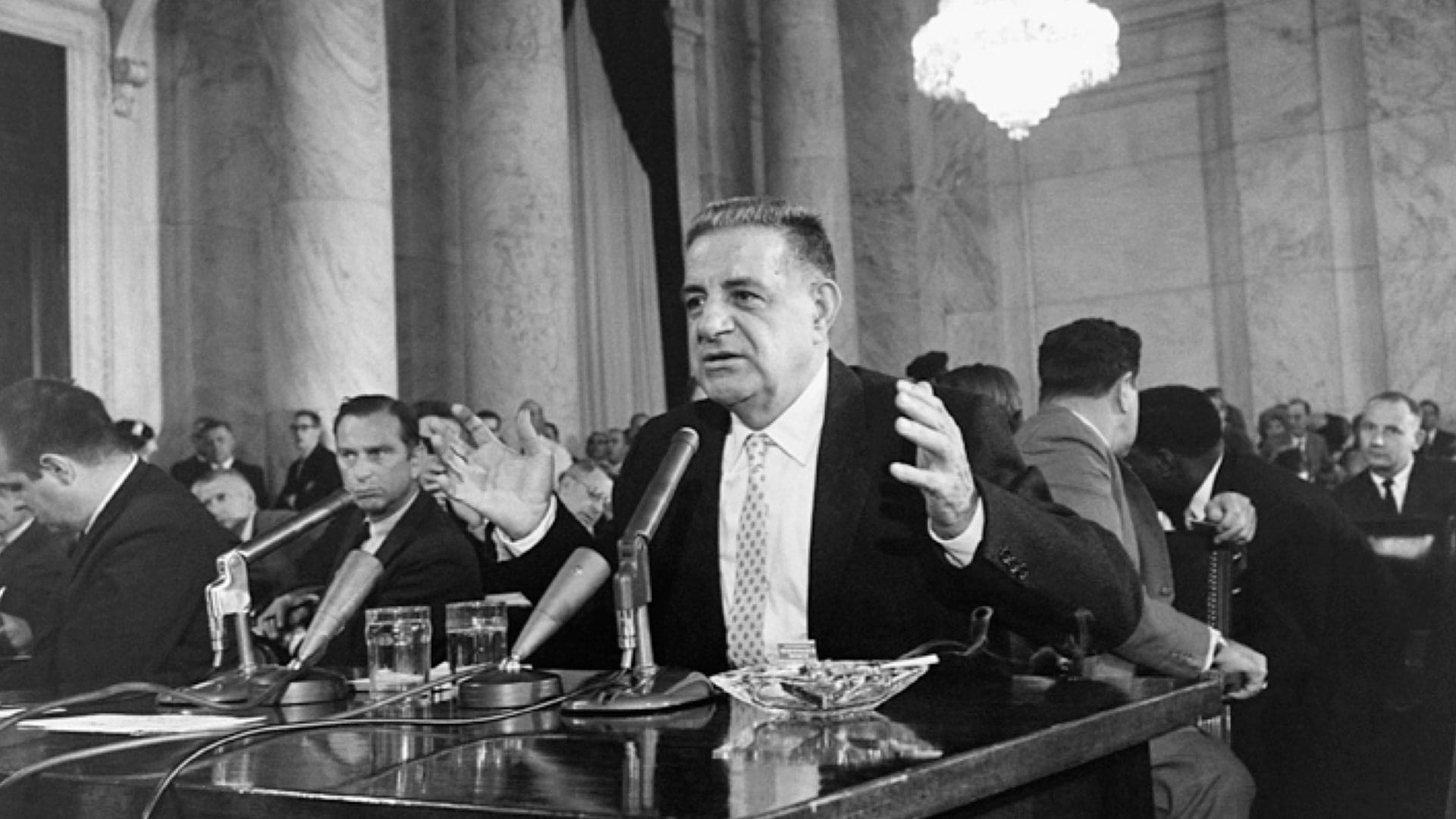Birthright citizenship, the legal principle granting citizenship to any person born within the United States, is a longstanding aspect of U.S. law with roots in the 14th Amendment. Per the amendment, “All persons born or naturalized in the United States, and subject to the jurisdiction thereof, are citizens of the United States and of the State wherein they reside.” This principle, known as jure soli, is common in many countries, though some nations have more exceptions and limitations than the United States.
However, this principle has become a hotly debated topic, especially concerning potential changes proposed by certain politicians. In 2018, former President Donald Trump claimed he could end birthright citizenship through an executive order, arguing that the 14th Amendment’s ratification did not adequately address the citizenship of children born to non-citizen parents in the United States. Trump’s assertions prompted legal and political discussions surrounding the feasibility and implications of such a change.



